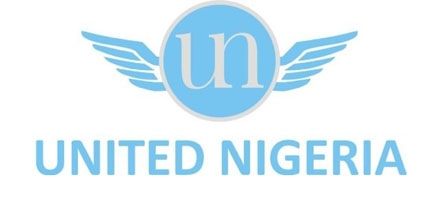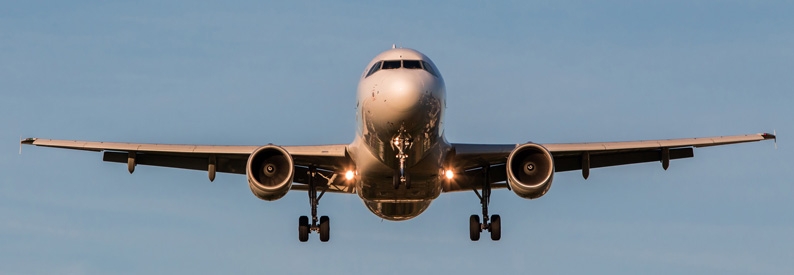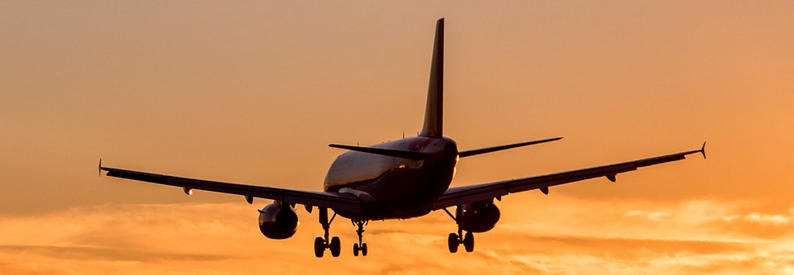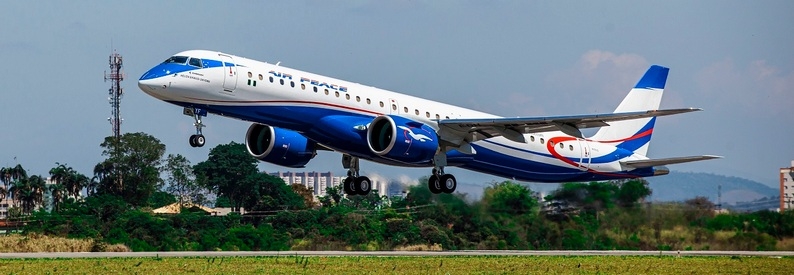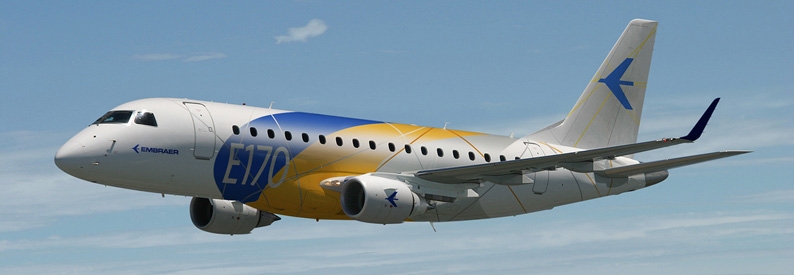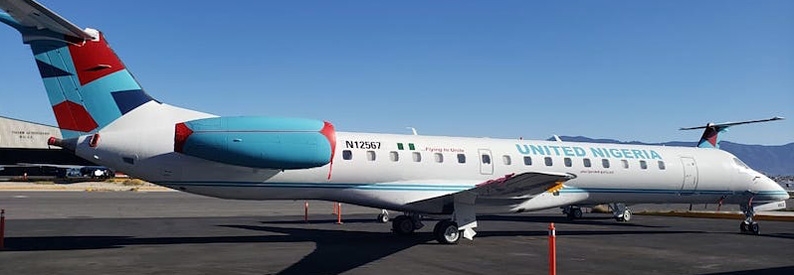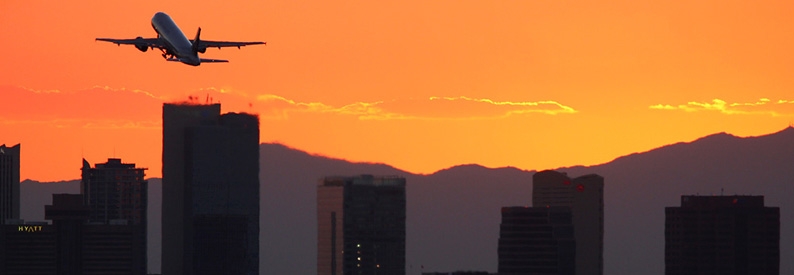The Airline Operators of Nigeria (AON) association has warned of significant disruptions to flight schedules at all airports across the country, given a worsening jet fuel crisis.
On July 22, the AON issued a statement warning of cancellations and flight delays across all airports, citing "an acute scarcity of aviation fuel otherwise known as Jet-A1".
"For this reason, there will be major disruptions in scheduled flight operations, including cancellations and unnecessary delays across all airports in the country. This is a foreseen but unintended consequence of the aviation fuel scarcity in the country. We, therefore, plead for the understanding of the travelling public to bear with our members as efforts are currently being made to address the development and restore normal flight operations," AON spokesperson and chairman of United Nigeria Airlines, Obiora Okonkwo said.
In an interview with the South African Broadcasting Corporation on July 25, Okonkwo downplayed the situation, saying the scarcity of Jet A1 fuel was "unusual and temporary". "It's not that there is such a big concern, but [the announcement was made] for the sake of information. Yesterday and today, there have been some delays and cancellations, but I can assure you that the airline operators are working very, very hard around the clock to lay their hands on any available Jet A1 fuel at any airport to ensure that the passengers are carried to their destination." He said some airlines had operated until the early hours of the morning on July 24 to complete their schedules. "We're hoping that in the next few days this will be over," he added.
Air Peace, in a notice to passengers, also warned of Nigeria's worsening aviation fuel scarcity, saying it was "taking a toll on its flight operations, causing some delays and cancellations". Ibom Air also warned the "growing unavailability of aviation fuel has greatly impacted our operations, leading to flight delays". "At this point, it might now result in some flight cancellations," it advised.
Overland Airways reported the fuel shortage and fuel price hikes had continuously affected its operations in the past few months. "This has greatly affected our scheduled departure times," it said.
Arik Air, Azman Air, and United Nigeria Airlines reshared the AON statement on their websites or social media but gave no further details of their own flight operations.
According to local news reports, aviation fuel prices have risen by 346% to NGN900 naira (USD2.16) per litre since February 2022. Jet fuel now accounts for about 40% of airlines' total operating expenses, Vanguard newspaper reports.
Despite being Africa's largest producer of crude oil, Nigeria currently has minimal refining capacity, leaving it reliant on fuel imports. A significant contributor to the current crisis appears to be the unavailability of foreign exchange required to import the fuel. Pipelines from shore depots to airports and fuel farms to apron hydrants need repair. Consequently, the fuel has to be trucked to the airports, adding to the costs.
Earlier this year, the Nigerian National Petroleum Company (NNPC) agreed to subsidise jet fuel for three months at NGN480 (USD1.15) per litre after AON member airlines threatened to go on strike.
Nigeria has also experienced a general fuel shortage since February 2022 after authorities rejected imported gasoline blended with methanol for domestic usage.
Nigerian airlines also face other challenges, such as the closure of the main runway at Lagos and unavailability of US dollars to purchase spare parts.
AON members include Aero Contractors, Air Peace, Arik Air, Azman Air, Dana Air (currently suspended), Ibom Air, MaxAir (Nigeria), Overland Airways, and United Nigeria Airlines. Aero Contractors recently suspended operations, blaming skyrocketing fuel prices, inflation, and forex scarcity.
